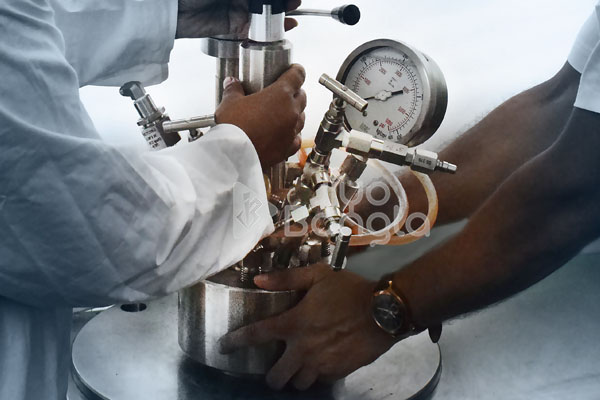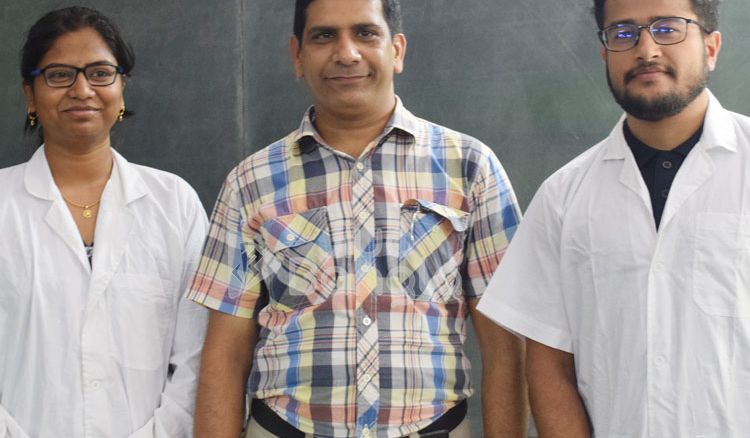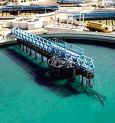A research team from IIT Kharagpur has adapted a process called Hydro Thermal Carbonization (HTC) for the Indian conditions which can effectively manage mixed Municipal Solid Waste (MSW) with high moisture content. Through the process most of the mixed MSW can be converted into biofuel, soil amendment and absorbents.
The current waste incineration processes adopted from the developed nations are primarily focused on treating drier waste content. These processes require high energy input to combust municipal solid waste generated in India which has high moisture content due to tropical weather, open collection systems and mixed waste. “Using the existing processes, only 20-30 per cent of organic fraction of municipal solid waste is being recycled to biofuel. This led us to develop a technology which can address the challenge indigenously,” opined lead researcher Prof Brajesh Kumar Dubey from the department of Civil Engineering at IIT Kharagpur.
Explaining how the technology works, Prof Dubey said, “The technology converts organic fraction of MSW into
hydrochar by using a batch reactor. The moisture in the waste is used to the advantage of the process which uses water for the reaction. The process has increased the resource recovery yield to 50-65 per cent of urban organic waste.”
The key to the success of the technology lies in designing proper industrial scale HTC reactor with improved heat integration system.
“The process novelty lies in the use of water for the reaction thus the moisture in the MSW gets used during the recycling process without requiring any removal of moisture from segregated wet waste or high energy intake,” explained researcher Hari Bhakta Sharma.
For example, 1 gm yard waste and 4 gm water is being used in the laboratory reactor. The waste output is 1 gm of biofuel with a calorific value of up to 24.59 MJ/kg, while the water remains available for reuse. The waste to energy mandate of government of India could also be met through this innovative process, he added.

Another novelty of this technology is the zero waste scale is reached through this process. “Once the organic waste is entered into the process, the outputs generated are all usable including the water which can either be reused in the process or can be converted to biogas or methane through anaerobic digestion,” explained another researcher Sagarika Panigrahi.
“The biofuel generated as the recovered output is comparable to lignite coal thus significantly addressing the fossil fuel depletion issue and helping curb air pollution issues,” Prof Dubey added. The product can further be used as an absorbent to manage soil contamination. “This could significantly help brownfield sites or contaminated industrial sites or landfills,” he said.
The technology can be deployed by municipalities at various locations within a city thus ensuring easy management of logistics of waste. “As of July 2017, thermal based Waste-to-Energy plants in India have a capacity to process 5,300 tons of garbage and produce 53.5 MW/day. There is a big market on waste treatment and this technology can serve well for the organic fraction of municipal solid waste,” hoped Prof Dubey.
 বাংলায় পড়ুন
বাংলায় পড়ুন














